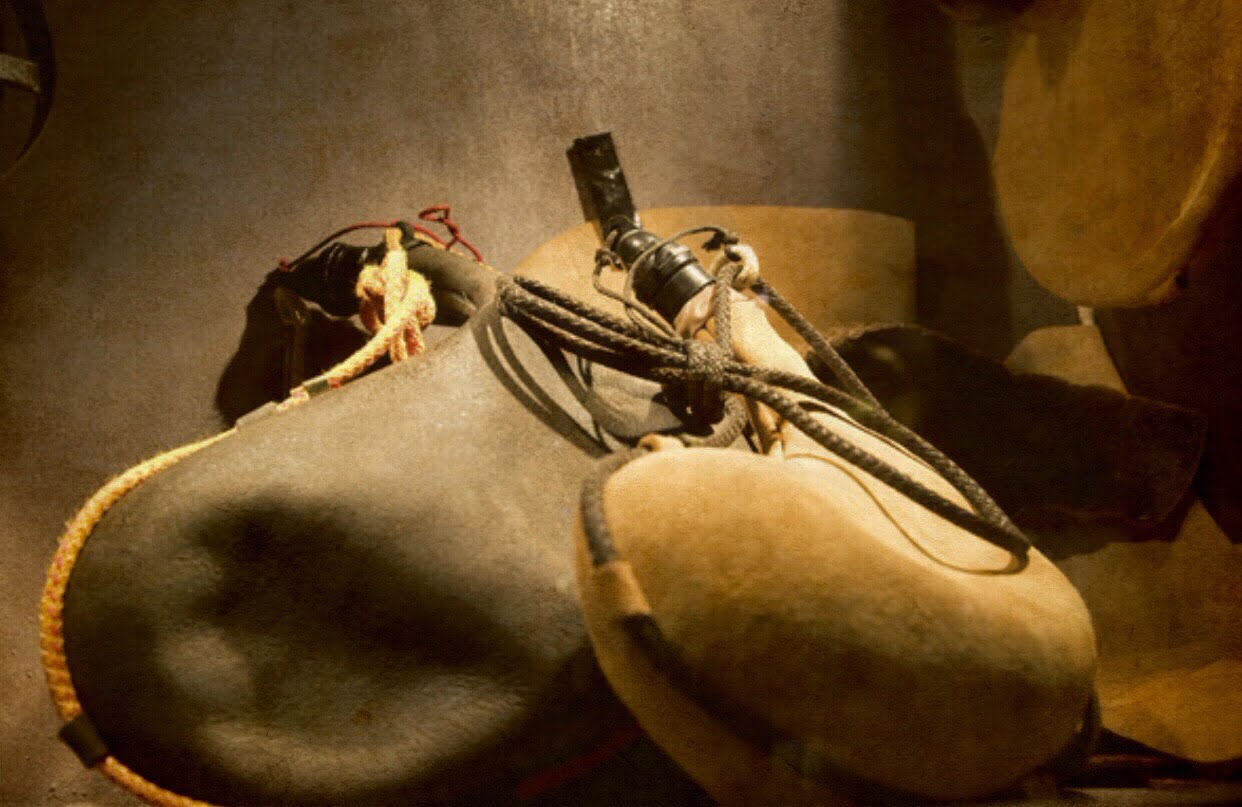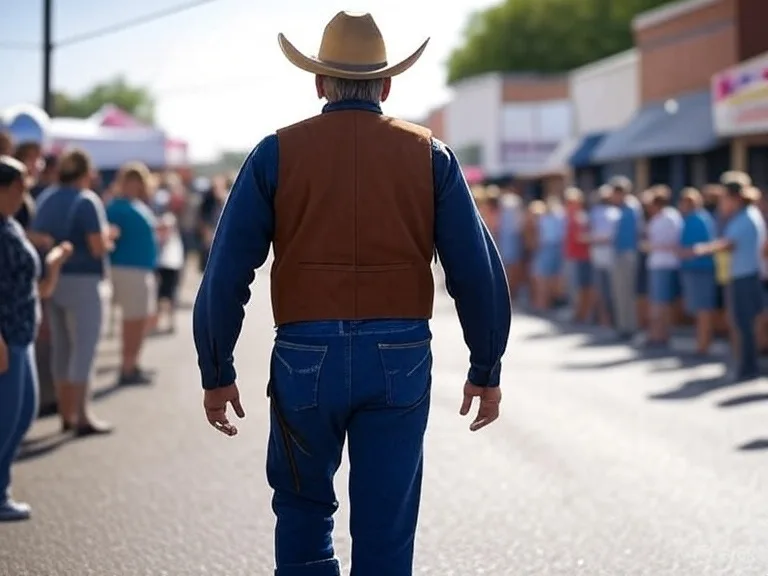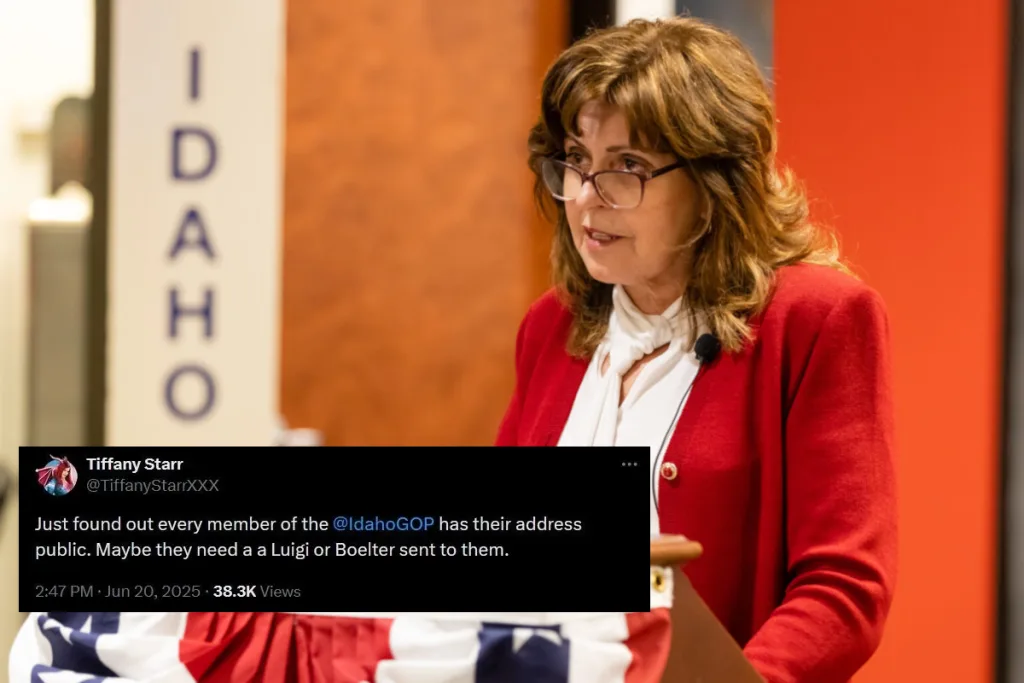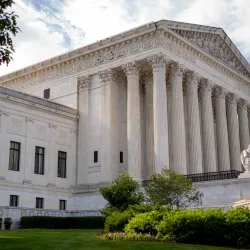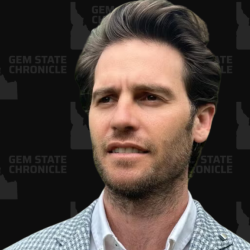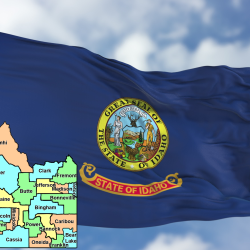A common refrain in conservative discourse is that we must get back to the Constitution. Our nation has gone astray from our founding documents, and saving America means returning to the letter of our highest law.
The immediate problem with this plan is that we are not the nation we were when the Constitution was ratified. The word “constitution” does not just mean a document, but the makeup of a body. We say a healthy person has a strong constitution. The people of our nation in the founding era are very different from the people today, and that is more important than the words. After all, many other countries, from Russia to Liberia, have written constitutions that resemble our own, but nobody would mistake these places for havens of freedom and liberty.
The 1790 census recorded a population of 3.9 million, including approximately 700,000 slaves. The four largest cities at the time —New York, Philadelphia, Boston, and Charleston —had less than 100,000 people combined. Today, New York City alone has more than 8 million people, which is twice the population of the United States in 1790.
Does the Constitution scale to such a degree? Does a set of laws created for a nation of 4 million still work for one of 333 million that not only stretches from sea to shining sea, but maintains a massive global empire?
John Adams said that the Constitution was made for a moral and religious people, and would serve no other. Are we still the moral and religious people we were in 1790? Even as late as 1953, the New York City skyline was lit up like a cross for Easter. Today, cities adorn themselves in the colors of the pride flag to celebrate homosexuality and transgenderism.
Author Aaron Renn says we live in a “negative world” where society is actively hostile to Christianity. You might not notice it in small towns or Christian communities, but our nation as a whole promotes a secular religion that is clearly hostile to traditional Christianity. Two or three generations ago, Christians accepted the premise that the public square should be neutral, but rather than remaining so, the vacuum was filled by a different worldview.
How does the Constitution apply to a completely different world?
We must go deeper, we must find the principles underneath the words. A republican system of government in which executive power is invested in a president, legislative power in a bicameral congress, and judicial in a supreme court of nine justices is not the principle, but a system our Founders created to protect the life, liberty, and property of the people.
Thomas Jefferson laid out the purpose of government in the Declaration of Independence:
We hold these truths to be self-evident, that all men are created equal, that they are endowed by their Creator with certain unalienable Rights, that among these are Life, Liberty and the pursuit of Happiness.–That to secure these rights, Governments are instituted among Men, deriving their just powers from the consent of the governed, –That whenever any Form of Government becomes destructive of these ends, it is the Right of the People to alter or to abolish it, and to institute new Government, laying its foundation on such principles and organizing its powers in such form, as to them shall seem most likely to effect their Safety and Happiness.
The preamble to the Constitution explains the purpose of the document:
We the people of the United States, in order to form a more perfect union, establish justice, insure domestic tranquility, provide for the common defense, promote the general welfare, and secure the blessings of liberty to ourselves and our posterity, do ordain and establish this Constitution for the United States of America.
With that in mind, do we need to get back to the Constitution, or figure out a way to implement the principles of our Founding Fathers in a world that has radically changed in the past 250 years?
The Pharisees were the conservatives of Roman-era Judea. They believed in following the Law of Moses to the letter, returning to the covenant with God established at Mt. Sinai. They were not impressed when a Man claiming to be the Messiah went around contradicting their understanding of the Law and the nature of God.
After Jesus called him as a disciple, Matthew the tax collector invited his business associates to a banquet to meet his new master. The Pharisees were not happy:
And the Pharisees and their scribes grumbled at his disciples, saying, “Why do you eat and drink with tax collectors and sinners?” And Jesus answered them, “Those who are well have no need of a physician, but those who are sick. I have not come to call the righteous but sinners to repentance.”
Luke 5:30-32 ESV
The problem with the Pharisees was not their piety, but their adherence to form over substance. They were missing the forest for the trees, having become fixated on the letter of the law rather than its purpose. Like our Constitution, the Law of Moses was not an end unto itself, but a tool. In the case of the Constitution, it was to protect our liberty. In the case of the Law, it was to bring mankind close to God.
He also told them a parable: “No one tears a piece from a new garment and puts it on an old garment. If he does, he will tear the new, and the piece from the new will not match the old. And no one puts new wine into old wineskins. If he does, the new wine will burst the skins and it will be spilled, and the skins will be destroyed. But new wine must be put into fresh wineskins. And no one after drinking old wine desires new, for he says, ‘The old is good.’”
Luke 5:36-39 ESV
The Pharisees couldn’t understand that Christ came to fulfill the Law, not destroy it. In the same way, 21st century conservatives must be open to new ideas that fulfill the faith of our Founding Fathers without being too tethered to the tools they established to carry it out.
Rather than looking backward toward a strict adherence to the words of the Constitution, we must rediscover the principles it was designed to uphold. How do we apply those to a rapidly changing society? Natural Law and our God-given liberties are the substance, while the Constitution and the rest of our founding documents are the form. Don’t try to put new wine in old wineskins, and in doing so let the form blind you to the substance. Our goal, as Jefferson said, is to effect the safety and happiness of the people. How do we do that today so that our children and grandchildren can enjoy what we have so long taken for granted?
About Brian Almon
Brian Almon is the Editor of the Gem State Chronicle. He also serves as Chairman of the District 14 Republican Party and is a trustee of the Eagle Public Library Board. He lives with his wife and five children in Eagle.


